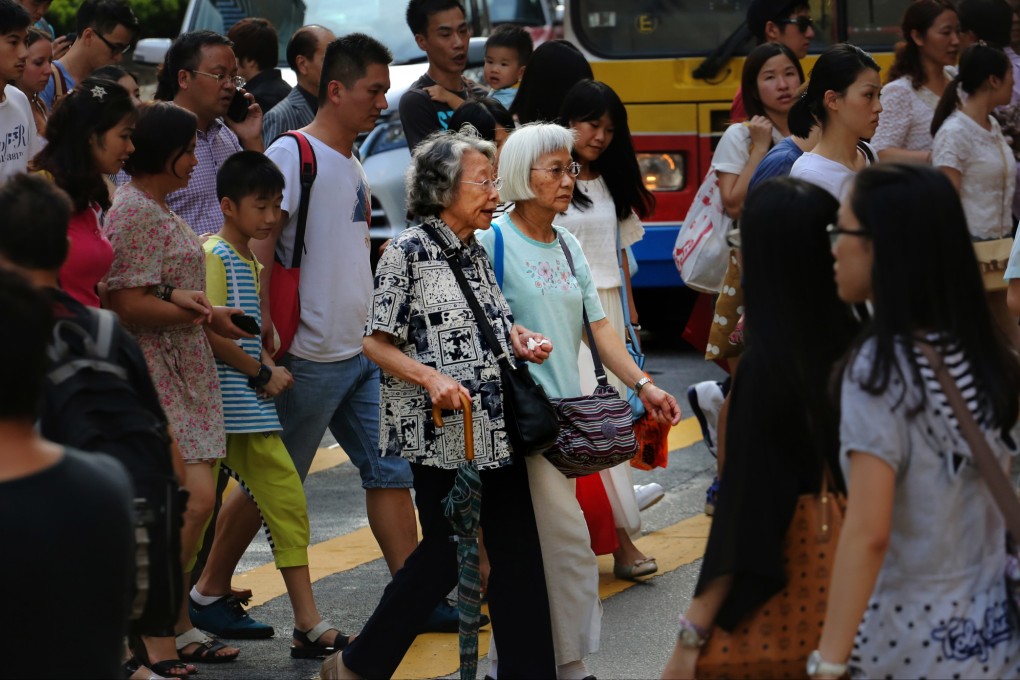Hong Kong should reform its tax structure to redistribute wealth
David Lui says to negate rising social discontent, Hong Kong needs to rethink its tax philosophy and include in its budget an explicit equality goal

Recently, Juzhong Zhuang, deputy chief economist at the Asian Development Bank, wrote in the Financial Times that Asia needs higher taxes to help its poor to prosper. More than 80 per cent of Asians live in countries where inequality is widening, he wrote. The same forces that drove the region's rapid growth - globalisation, new technology and market reform - are widening the gap between rich and poor.
He argues that fiscal policy can play an important role. First, governments should invest more in improving access to education and health care. Second, governments should adjust their tax policies to raise more revenue and fund increases in public spending. Asia's tax revenue base remains small by global standards.
One option is to increase personal income tax. Another is to introduce a consumption or corrective tax. Taxes on property, capital gains and inheritance are naturally progressive, claiming a higher portion of income from the rich than the poor.
There is no doubt Hong Kong has one of the lowest income tax rates in the world. The problem is that the tax burden falls mainly on the middle- and lower-income groups, who are also the most affected by rising housing prices and rental costs.
Many of the rich pay little or no tax, given that there is no tax on dividend income. Our income tax is probably the lowest of any major financial centre, yet the higher rates in London and New York, for example, do not mean they cannot attract people to work there.
So Hong Kong needs to rethink its tax and budget philosophy to boost revenue. This is especially needed in light of our ageing population, and warnings of dwindling reserves if expenditure continues to rise at the current rate.